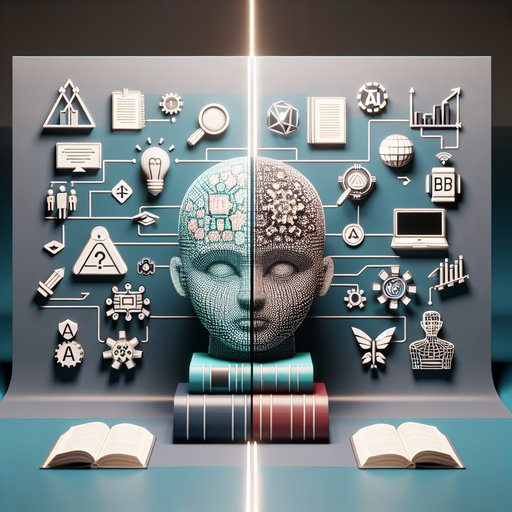
In recent days, the United Kingdom's approach to integrating artificial intelligence (AI) into education has ignited a significant policy debate, highlighting the ideological rift between left-wing and right-wing perspectives. The discussion centers on balancing the potential benefits of AI in enhancing learning experiences against concerns over its impact on critical thinking and data privacy.
On July 8, 2025, during a Commons debate, the importance of educating older pupils about emerging technologies like generative AI was emphasized. Proponents argue that AI can simplify complex texts and generate computer code efficiently, offering substantial educational advantages. However, they also caution against over-reliance, which could undermine critical thinking and independent learning skills. The Parliamentary Office of Science and Technology warned that misuse of AI tools might reduce students to passive recipients of potentially unreliable content, thereby weakening analytical abilities. [1]
Left-wing advocates stress the need for robust guidance on the ethical use of AI in schools. They call for clear policies to ensure transparency in AI-generated content and to prevent over-dependence on automated tools. Additionally, they emphasize the importance of digital literacy for teachers, students, and parents to understand AI's mechanics, biases, and limitations. This approach aims to equip educators to guide students in using AI as a tool for exploration rather than a crutch for answers. [1]
Conversely, right-wing perspectives focus on the potential risks associated with AI integration in education. They highlight concerns that AI could erode traditional learning methods and critical thinking skills. There is also apprehension about data privacy, especially for vulnerable children who might be more susceptible to AI's potential harms. Right-wing proponents advocate for cautious implementation, ensuring that AI tools do not compromise the cognitive development essential for deep learning. [1]
The debate underscores the broader ideological divide on technology's role in education. While both sides acknowledge AI's transformative potential, they differ on implementation strategies. Left-wing advocates prioritize ethical guidelines and digital literacy to harness AI's benefits responsibly. In contrast, right-wing proponents emphasize safeguarding traditional educational values and critical thinking skills, advocating for a more measured approach to AI integration.
























